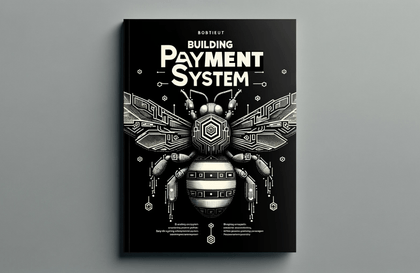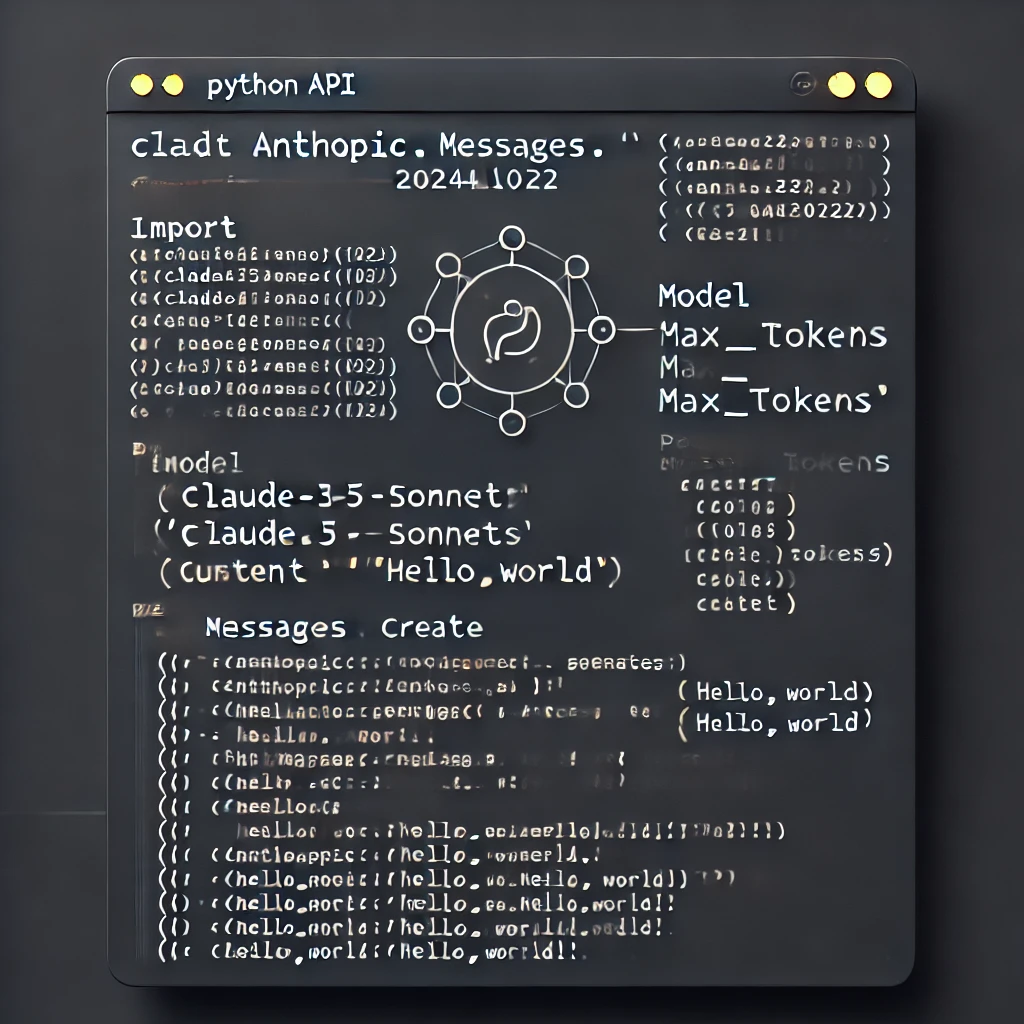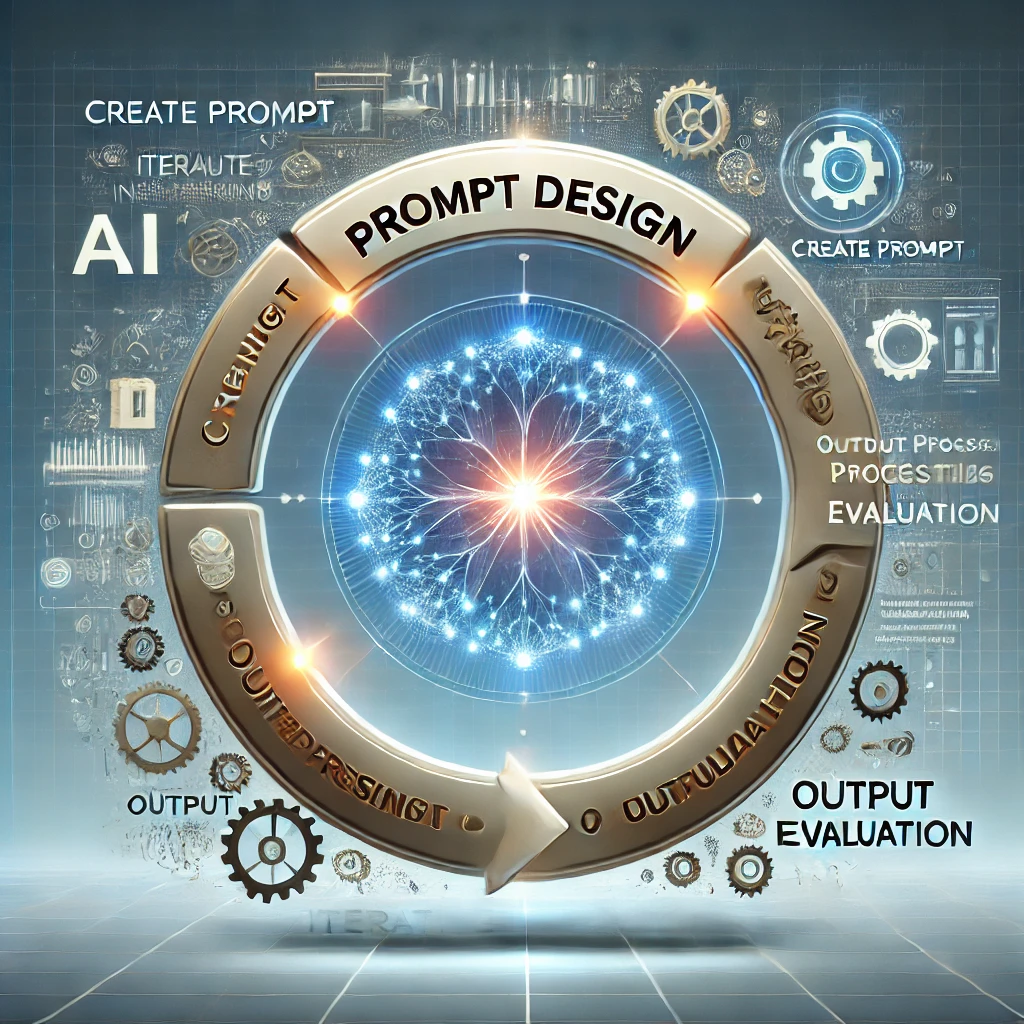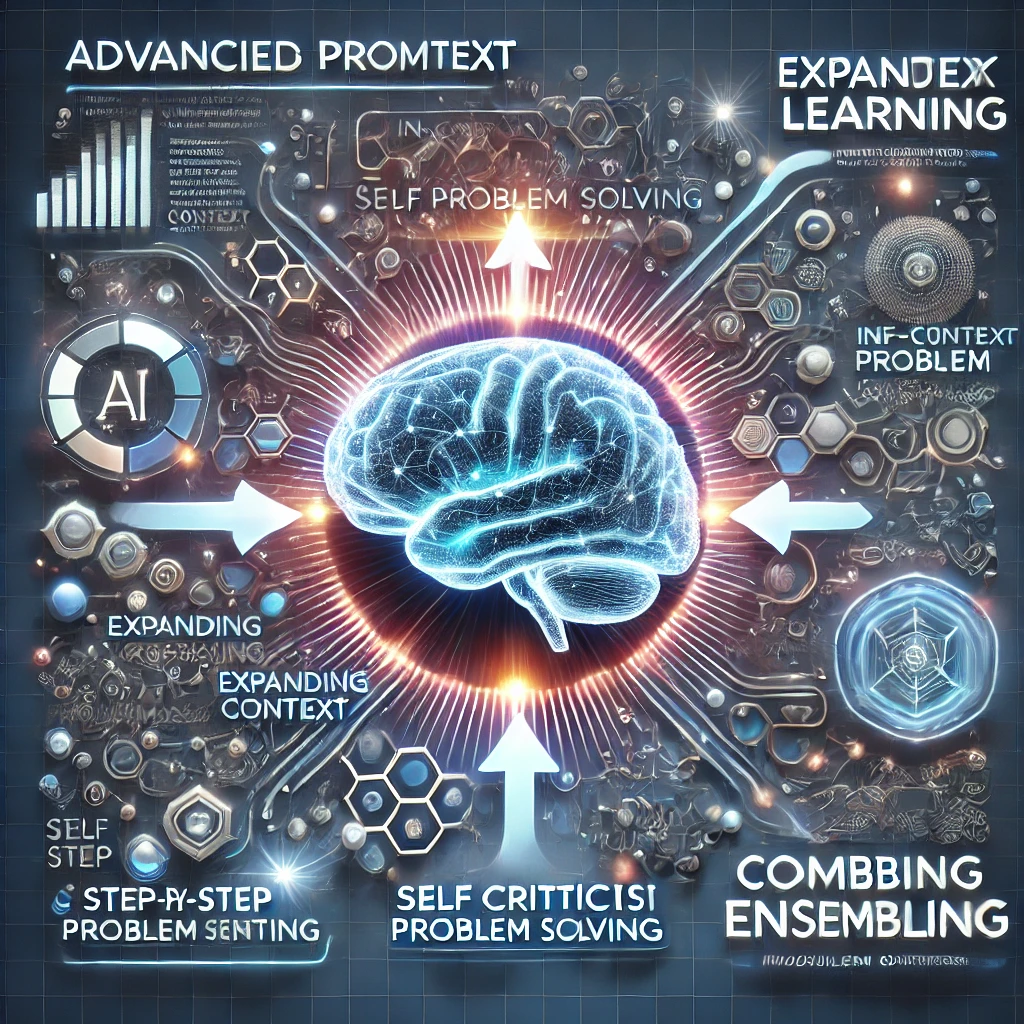
Build a robust payment system
yjm9505168574
Practical Payment System Development Course, learn by code, and cover the knowledge needed to implement a real system.
Basic
backend, Spring, DBMS/RDBMS


Master the essential skill for developers in the AI era: prompt engineering


Effective Prompt Engineering Techniques
Prompt Evaluation Strategy for Increased Accuracy
Mastering the Mechanics of Large Language Models (LLMs)
How to Use Advanced Prompt Techniques
Today, the development trend is rapidly developing beyond simple web development to AI technology . Are you prepared? In order to not fall behind in the next era in this changing environment, you need to think about what capabilities are truly important in AI development. ' Prompt design ability ' is the foundation.
Prompt design can be left to prompt engineers? Prompt design skills are no longer a specialized skill for a certain profession . In the past, when information retrieval technology first appeared, the difficult search technology gave rise to the profession of 'information retrieval specialist'. Does that profession exist now? No.
In the future, developers will have to design prompts as if they were writing code . Now, prompt design has become a basic language-level skill that everyone should learn, just like learning Java . Through this lecture, you will systematically learn what LLM is, from basic concepts to advanced prompt design techniques . By first learning the essential skills of the AI era, you will be able to grow into a developer who is one step ahead. I believe this lecture will be a solid foundation for your career jump.”
Since the birth of the web, countless developers have jumped into web development, and this has created a new technology ecosystem. Now, with the advent of large-scale language models (LLMs) , another paradigm shift is beginning. In the future AI era, application development will become as natural as 'web development', and the core competency leading this is the ability to design prompts.
I also learned this while making AI applications. It is not enough to simply ask questions to the model and receive results, but it is necessary to have the 'basics' to derive the desired answers . These basics are the skills that future developers must have . Just like learning languages such as Java or Python, the ability to design prompts is now also an essential skill.
In this flow, I planned this lecture as a preparation for the coming era. I have spent a lot of time on this lecture for the past four months. I sat in front of my laptop on weekdays and weekends, overturning drafts, reviewing papers, thinking about better delivery methods, creating practical examples, and refining concepts. This lecture, which was born that way, contains all the things I personally felt and realized, as well as the core things that I want future developers to know. I hope this lecture will be a solid foundation for developers entering the AI era.
📌 It is structured so that you can gradually learn everything from the basic concepts of what LLM is to advanced prompting techniques , and expand your skills step by step based on a solid foundation.
📌 We provide practical know-how that can be applied immediately in an actual service environment through Anthropic API integration and model parameter setting methods .
📌 By learning prompt design methods and evaluation techniques , you can gain the ability to accurately elicit desired responses, thereby maximizing the efficiency of model utilization.
📌 You can learn strategies to solve complex problems step by step and maximize the potential of the model through advanced techniques such as In-Context Learning, Decomposition, Self Criticism, and Ensembling .
📌 Flow Engineering and Auto Prompt Engineering help you build workflows that optimize the design, management, and automation of prompts to maximize development productivity and maintain consistent quality.
📌 Through advanced prompting techniques analyzed and applied in approximately 60 recent papers , this course presents practical strategies based on cutting-edge research results.

I want to prepare for the AI era.
Developers who want to learn techniques to effectively handle LLM and Prompt design and extract results that can lead to business value

I want to improve the quality of LLM-based services.
Developers who want to maximize the performance of their models and achieve better results through various prompting strategies.

I want to quickly validate new features and ideas
Entrepreneurs who want to quickly test early-stage services or prototypes with LLM and efficiently select promising ideas
Beyond simply calling the LLM, you will gain the ability to design sophisticated prompts to elicit the exact answers you want.
With an understanding of the different LLM models, you can choose the optimal prompting strategy for your situation and goals.
By learning automated prompt design and conversation flow management techniques, you will be able to achieve efficient and consistent results even in complex service environments.
Advanced techniques such as In-Context Learning, Self Criticism, and Ensembling can overcome model limitations and elevate service quality to the next level.
By acquiring 'prompt design skills' for the AI era, you will secure a solid foundation to grow into a competitive developer in the market.

Basic LLM Concepts: What is LLM? Exploring the Transformer Architecture and Different Model Types
Did you think LLM was just a simple 'text predictor'? Expand your understanding of LLM, from analyzing Transformer architecture to various model types. You need to know LLM properly to use it appropriately.

Anthropic API Fundamentals: Talking to LLM, Handling Model Parameters
It doesn’t end with simply “calling the API.” We’ll look at how to connect to the Anthropic API and tweak various parameters to get the model’s performance and response quality. Now, it’s possible to tailor the model to your taste.

Prompt Engineering: Designing the Right 'Instruction'
It is difficult to get the desired answer by telling the model to “do it yourself.” Learn the skills to elicit the desired answer from the model through clear prompt design methods and evaluation techniques. This is the basic ability that all developers should have in the future.

Advanced Prompt Techniques: In-Context Learning, Self Criticism, Ensembling, etc.
We cover advanced techniques that allow models to think and check for themselves and produce more complete results, rather than simply answering questions. Learn strategies for using models at a higher level, such as expanding the context with examples, solving complex problems step by step, and combining different prompts.
The lecture explains based on MacOS.
Code Editor uses Cursor.
In the lab, we will use Anthropic's Claude model. Throughout the lecture, it costs about $10 to call the API of the Claude model. This is covered in detail in the lecture.
I will share the files used in the lecture.
I will share with you all the links to the papers I referenced while creating the lecture.
Basic Python Grammar
My lecture is suitable for those who want to apply their LLM and prompt design skills in practice . If you want to focus more on background knowledge and basic concepts of the AI era and the basic theory of prompt engineering, I recommend the book “Best Prompt Engineering Lecture” rather than my lecture. (This recommendation is not an advertisement.)
Who is this course right for?
People who want to start a career as an AI engineer
People who don't want to fall behind in AI development
People who want to apply AI projects using LLM in real life
Need to know before starting?
Basic Python programming knowledge (loops, conditional statements, etc.)
918
Students
39
Reviews
38
Answers
4.6
Rating
3
Courses
안녕하세요.
저는 개발자면서 교육자로 신뢰할 수 있는 강의를 만들려고 노력하고 있습니다.
강의를 만들 땐 필요한 지식과 기술을 군더더기 없이 전달하는 정보 밀도 높은 콘텐츠를 제공하려고 합니다.
제가 관심있는 분야, 정말 의미 있다고 믿는 영역에만 강의를 만들며, 누구나 만들 수 있는 강의는 만들지 않습니다.
추가로 커리어리에서도 유용한 글들을 쓰고 있습니다.
- (前) 카카오엔터프라이즈 소프트웨어 엔지니어
- (前) 카카오 Ground X 소프트웨어 엔지니어
All
22 lectures ∙ (7hr 46min)
Course Materials:
3. What are LLMs?
14:46
5. Types of LLMs
12:29
All
2 reviews
5.0
2 reviews
Reviews 1
∙
Average Rating 5.0
Edited
5
I took the course because I needed to tune the prompt in detail after using LLM only as a basic tool. It was a lecture that allowed me to understand various methodologies for writing and improving prompts. I liked that it started with the structure and features of LLM and then explained each theory in detail! It was a satisfying lecture that covered not just obvious and simple content, but also how to properly use LLM to improve the quality of the results. Thank you.
Reviews 2
∙
Average Rating 5.0
Check out other courses by the instructor!
Explore other courses in the same field!
$114.40